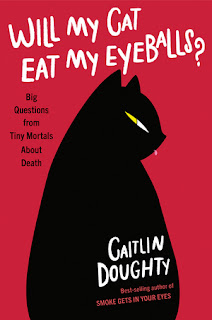July 16, 2025
The Last Days of Night by Graham Moore
A young lawyer, Paul Cravath, is drawn into the hundreds of lawsuits that Thomas Edison brought against George Westinghouse, claiming patent infringement. Westinghouse didn't claim to invent the light bulb or electricity, but to have improved on Edison's design to the point that it was a different invention. Westinghouse claimed his alternating current was safer and more reliable, while Edison continued to champion direct current.
Let me lead off with this: there is a scene of animal cruelty at about the midpoint of the book that I found extremely upsetting. It is historically accurate: Edison's spin doctor actually performed these demonstrations publicly, so animal lovers and dog lovers in particular may want to skip these pages. The opening scene in the book is also disturbing, as is the description of the first execution by electric chair at about the 2/3 mark which is extremely brutal.
With that said, this is historical fiction based on the Edison vs. Westinghouse lawsuits, which was the war between direct current and alternating electrical current (alternating current prevailed as safer and more reliable and is used for power grids today, while direct current is used for batteries and electronic devices - this isn't a spoiler, go look it up in Google or Wikipedia).
There are quotes at the beginning of each chapter, many of them from Bill Gates and Steve Jobs, which makes it almost impossible for the reader not to draw comparisons between the Edison/Westinghouse electric war, and the Microsoft/Apple technology battle a century later. Nikola Tesla gets in on the action too. Around page 105, there is a good explanation about how alternating current works and why it is less likely to kill you than direct current. Overall the characters are interesting and well-developed. Chapters are short, which makes the narrative a little choppy. Recommended for readers who enjoy historical fiction with a scientific slant.
Examples of two of the first light bulbs







